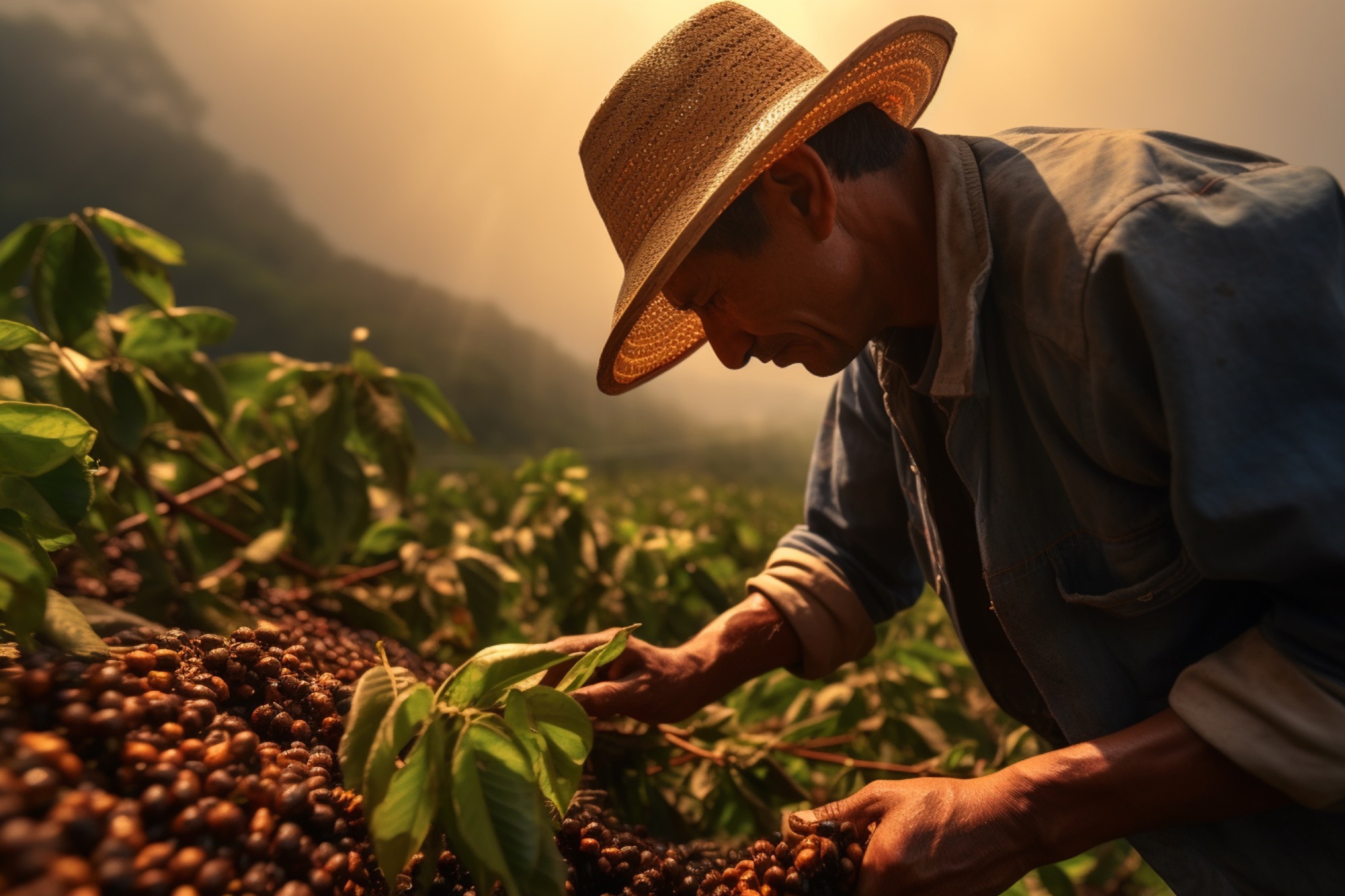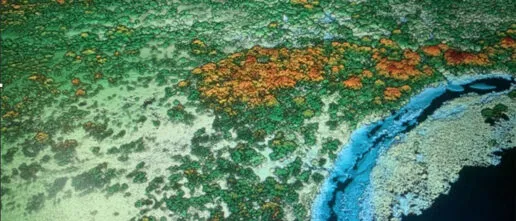This Valentine’s Day, millions of pounds worth of chocolate were exchanged as gifts, but researchers have found climate change and biodiversity loss threaten future global supplies of this treat.
A new study led by the University of Oxford has found that cocoa production—the key ingredient in chocolate—is at risk due to climate change and low pollination rates. The study highlights how better pollination and climate-friendly farming can help protect this vital crop.
One of the researchers involved was Prof Yadvinder Malhi, Ecosystems programme lead at the ECI, and Director of the Leverhulme Centre for Nature Recovery at the University of Oxford. Prof Malhi said:
“Chocolate is on many people’s mind today. As well as being a luxury good, its production as a tree crop provides essential income for over 5 million small holders across the tropics. This chocolate supply, and its associated income benefits, is increasingly threatened by global heating.”
Cocoa (Theobroma cacao L.) is a vital cash-crop for four to six million small-holder farmers across the tropics and supports a global chocolate industry valued at over USD 100 billion annually. The combination of millions of farmers relying on cocoa for their livelihoods, and increasing global demand for the crop, has driven cocoa plantation expansion and intensification of farming practices, often at the expense of biodiversity and long-term sustainability.
Also involved in the study was Dr Tonya Lander from the Department of Biology at the University of Oxford along with researchers from Westlake University, China, Universidade Estadual de Santa Cruz, Brazil, and the University of Göttingen, Germany, included Prof Yadvinder Malhi, Ecosystems programme lead at the ECI, and Director of the Leverhulme Centre for Nature Recovery at the University of Oxford.

Freepix
The researchers say farmers are focusing on short-term gains by expanding plantations, but this comes at the cost of biodiversity and vital ecosystem services like pollination. Their study, ‘Global chocolate supply is limited by low pollination and high temperatures’ published in Nature Communications Earth & Environment, shows that better pollination, combined with climate-smart farming, can create a more sustainable future for cocoa.
Co-author Dr Acheampong Atta-Boateng, who recently completed his doctoral work at the University of Oxford under the co-supervision of Prof Malhi and Dr Lander, said:
“Cocoa is pollinated by tiny insects such as midges and thrips, and it comes as quite a surprise that most of the time there simply isn’t enough pollination happening to produce the cocoa crop that is possible.”
The study, conducted in Brazil, Ghana, and Indonesia—countries responsible for 33% of global cocoa production—found that better pollination and cooler temperatures increased cocoa yields by 20-31%. This suggests that improving farm management could boost production without clearing more forests. However, climate change remains a major threat.
To make cocoa farming more sustainable, researchers recommend strategies like:
- Keeping leaf litter and organic matter on the ground
- Maintaining moderate shade
- Reducing chemical use
These steps not only increase pollinator numbers but also help regulate farm temperatures and improve soil health.
Dr Tonya Lander, Department of Biology, University of Oxford, and lead author of the study, said:
“Our research proves that sustainable farming can increase cocoa production without harming the environment. By focusing on biodiversity-friendly and climate-resilient methods, farmers can boost yields and protect their livelihoods.”
The study emphasises the urgent need for farming practices that protect pollinators and reduce climate risks to secure the future of cocoa production worldwide.
Related Projects

Mapping the resilience of tropical forests and savannas to global environmental change
Climate change effect on tropical forests

Understanding nature recovery paths and ecosystem functioning through forests health assessments
Quantifying the health of forests ecosystems by means of earth observation can aid in understanding nature recovery paths and ecosystem functioning


